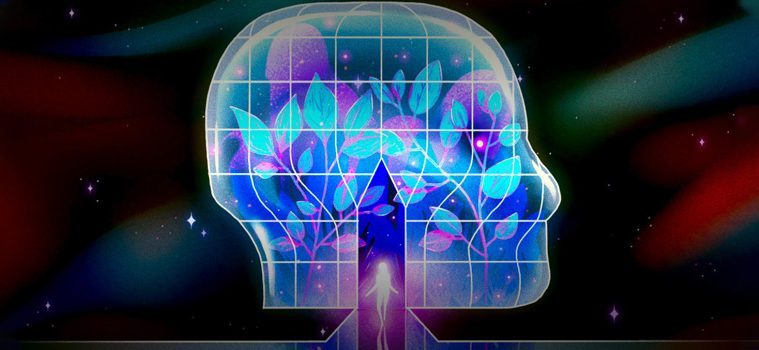ORDER, DESIGN, TENSION, BALANCE, HARMONY –
Dec. 30, 2021 – Some people use the breath as a physiological tether to the present, particularly as they meditate. Rhythmic breathing calms the nervous system and makes it easier to focus on what’s within our control. But mindfulness doesn’t require breathwork or meditation. Mindfulness can be practiced during activities like walking, washing dishes, gardening, exercising, playing, or driving. When a thought, good or bad, barges in, mindfulness means observing it with curiosity and openness, then returning back to the present moment, where we note the musty smell of leaves in winter or how the horizon meets the highway. It’s easy to believe we’re adept at taming anxiety born of uncertainty thanks to the pandemic. But this may be a false assumption. Dr. Jack Nitschke, a clinical psychologist, and associate professor in the department of psychiatry at the University of Wisconsin, told me that exposure to unpredictability doesn’t necessarily improve our coping skills. “I actually don’t think people get better at tolerating uncertainty just because there’s a lot of it,” he said.



